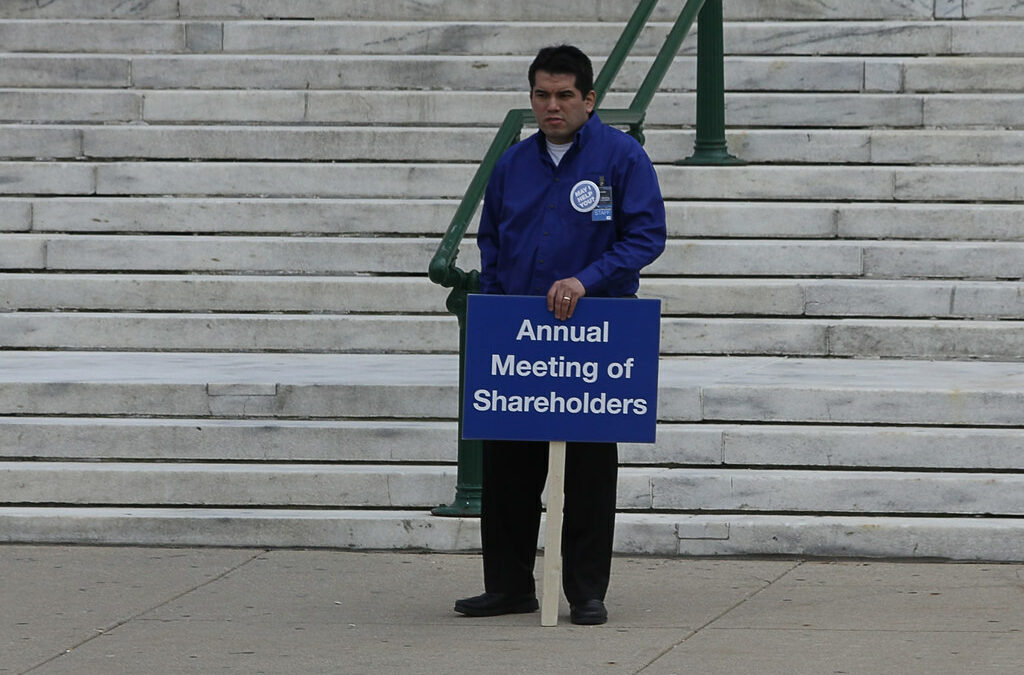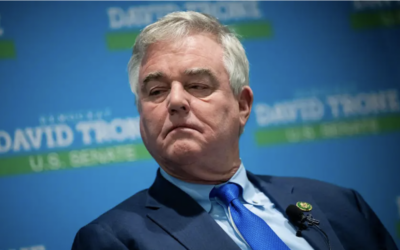Writing for Institutional Investor last week, Michael Thrasher characterized “anti-woke” shareholder activists‘ efforts as failed because the proposals they sponsored at corporate annual meetings received little support from fellow investors. From the article:
If ESG opponents measured their success by enthusiasm for explicitly anti-ESG proposals, they had a miserable proxy season. Shareholder support for anti-ESG proposals was effectively non-existent.
Opponents want companies to refocus on their financials and steer clear of making political and social statements that could alienate customers and other stakeholders. They argue that ESG has diminished financial returns for investors. But if it has, shareholders either don’t care or don’t believe a solution is anti-ESG proposals, which “won some of the lowest support levels on record.”
As we’ve said in the past, voting outcomes are not the be-all-end-all in justifying shareholder proposals. Resolutions sponsored by left-leaning proponents also have a large failure rate, yet it has not stopped them from coming back year after year. Corporate leaders don’t only respond to whether a proposal wins an up-or-down vote; they also follow trends and respond to political pressure, of which proposals constitute only one of many corollary strategies to address company governance and behavior. Corporate America has shifted leftward politically without huge successes from activist shareholders at annual meetings.
Also from Institutional Investor:
The National Legal and Policy Center, a conservative non-profit group, filed 14 anti-ESG resolutions (the second most) seeking content censorship risk audits and content censorship reporting, among other topics. Most proposals had little support but required reporting on operations in China were among its best received. At Boeing’s and Walt Disney’s annual meetings, the China proposals won 7.5 percent and 7.4 percent support, respectively….
…the NLPC believes the proposals are important.
“Liberal activist shareholders have dominated this [shareholder proposal] process for many years and now ‘own the battlefield,’ which should not be a ‘battlefield’ — it should be a process in which shareholder proponents engage to try to help improve governance, leading to better company performance and returns,” Paul Chesser, corporate integrity project director at NLPC, said in Dilligent’s report.









